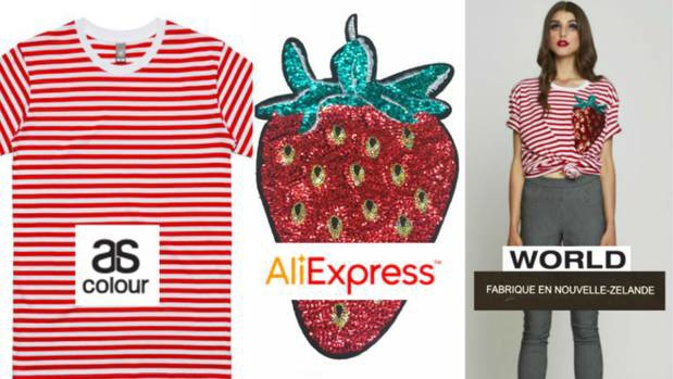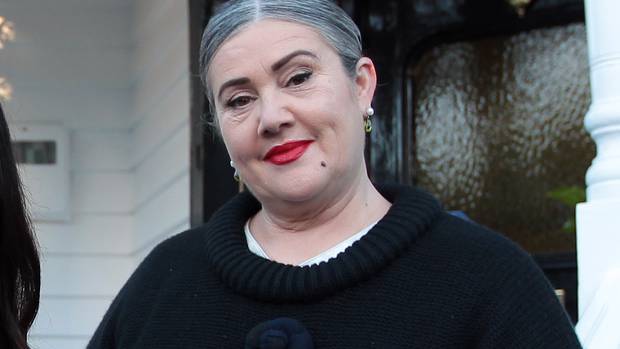
The Commerce Commission has so far received five complaints against clothing brand World since a Spinoff investigation yesterday uncovered it was selling products made in Bangladesh under the "NZ Made" label.
A commission spokesman said the watchdog was assessing complaints and was looking into a potential investigation.
Under the Fair Trading Act, it is illegal to mislead consumers with false information.
"Suppliers of new clothing and footwear must provide information to consumers about the country of origin of those products," a spokesman said. "The Consumer Information Standard for Country of Origin Labelling includes a requirement that suppliers attach to the clothing a permanent label with the country of origin."
On Monday, Spinoff revealed World labelled T-shirts, sweatshirts and sweatpants, with swingtags which said they were made in New Zealand, when they were in fact made in Bangladesh and Hong Kong.
But World co-owner Dame Denise L'Estrange-Corbet told Newstalk ZB tags sewn into the garments said "Made in Bangladesh", and stated they were sourced from AS Colour, so it was not misleading customers.

Fashion designer Denise L'Estrange Corbet. (Photo / Supplied)
L'Estrange-Corbet said only a small percentage of her products were manufactured overseas.
She said: "99 per cent of our clothing is made here."
Consumer NZ head of research Jessica Wilson said the organisation believed there was enough evidence for the Commerce Commission to warrant an investigation.
"In our view, World's labelling is misleading to consumers and there are good grounds for the Commerce Commission to take action under the Fair Trading Act, Wilson said. "Traders can't make representations that dupe consumers about the origin of the products they sell.
"If a company's products are made offshore, then any claims giving the impression the items are manufactured here risk breaching the law and a fine of up to $600,000."
Fashion designer Caroline Marr, founder of plus-sized clothing label The Carpenters Daughter, said it was not acceptable for a brand to claim it was NZ-made if its products were not 100 per cent made in New Zealand.
"I still believe she is local and NZ Made because she has done it and is employing so many locals, as well as trying to make as much as she possibly can in New Zealand but it's not an easy task now as we just don't get the variety," Marr said.
"Overseas have huge opportunities but us, poor little New Zealanders, because our industry has gone offshore we can't compete. There is no competition anymore.
"We're on the backfoot here in the fashion industry, even though we have some of the top fashion designers... I don't think we should be too harsh on Denise at all."
Marr said there should be a certain percentage to which a brand manufacturing in New Zealand could claim it was New Zealand made.
But Retail NZ general manager of public affairs Greg Harford said it had to be 100 per cent made in New Zealand or labelled specifically to each product.
"If your product is not manufactured here or substantially manufactured here you can't apply a New Zealand made tag to it," Harford said.
He said it was important that individual garments and products were labelled accordingly, and that a blanket label system should not be applied to brands.
"Even if you've got a very small number of items that are made overseas, it would be misleading to consumers to suggest they were made in New Zealand," he said.
"What can be done is have some branding which has some effect of 'We're proud to support New Zealand manufacturing wherever possible' or 'Most of our product is manufactured in New Zealand'."
Take your Radio, Podcasts and Music with you









